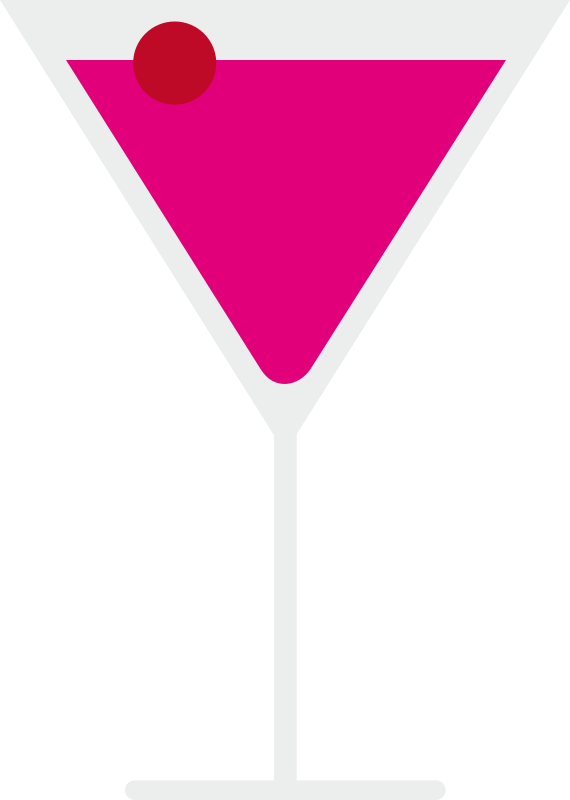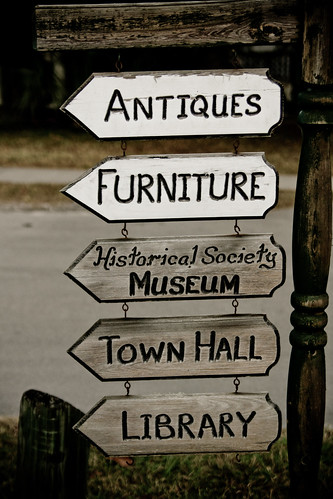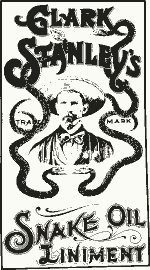Hope's Rebellion is now available!
Their friendship will test the fabric of tradition, duty and destiny...
There are only two seasons in Godenor: summer and winter. Weather brings the only surprises to a society where everything is planned, and everyone's status is determined at birth...by the color of their hair.
Rinna has the right hair, Drexi the wrong, and Prelly is almost too ordinary -- in every way but one. Small mistakes bring them together, creating ripples in a pond that knows nothing but serenity. If they reach their goals, they can't help but shatter the world they know.
Love of any kind, even the bond of friendship, isn't allowed in their world...but then, the heart can't always follow orders.
There are only two seasons in Godenor: summer and winter. Weather brings the only surprises to a society where everything is planned, and everyone's status is determined at birth...by the color of their hair.
Rinna has the right hair, Drexi the wrong, and Prelly is almost too ordinary -- in every way but one. Small mistakes bring them together, creating ripples in a pond that knows nothing but serenity. If they reach their goals, they can't help but shatter the world they know.
Love of any kind, even the bond of friendship, isn't allowed in their world...but then, the heart can't always follow orders.
























